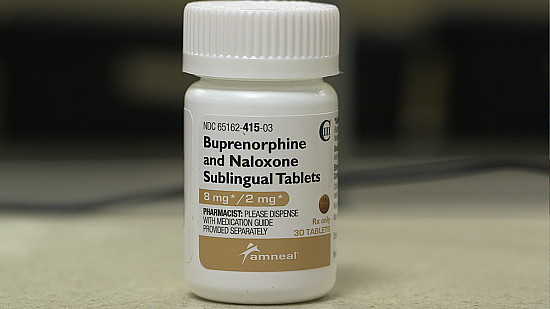We should be ashamed if we don’t pass Tobacco 21 laws

Follow me at @drClaire
In the United States, the national drinking age is 21. States can make it younger, but if they do they lose federal highway funding. The idea is that youth less than 21 are more likely to run into trouble if they drink, and that having them wait until they are older is better. You can argue about whether this actually works, but the idea is a good one.
And yet when it comes to tobacco, as far as the federal government is concerned, you just have to be 18. Which, for anyone who knows anything about what happens when youth smoke, makes no sense at all.
It was really Mothers Against Drunk Driving (MADD) that drove the national drinking age legislation. It’s true that smoking doesn’t cause immediate impairment in the way alcohol does; one can smoke a couple of cigarettes and drive. But the longer-term impacts of tobacco use are staggering. Cigarette smoking is the leading preventable cause of death in the United States, causing more deaths each year than HIV, illegal drug use, alcohol use, motor vehicle injuries, and firearm-related incidents combined. Even if it doesn’t kill you, smoking markedly increases your risk of heart disease, cancer, lung disease, rheumatoid arthritis, and diabetes, among other health problems. When pregnant women smoke, their babies are at higher risk of being born small, prematurely, or having birth defects. When parents smoke, it’s more likely that their baby will die of sudden infant death syndrome, or SIDS.
Here’s why it’s so crucial to stop youth from smoking: 90% of all smokers tried their first cigarette by 18, and 99% started by age 26. Three-quarters of teen smokers end up smoking into adulthood, even if they intend to quit. And here’s another important fact: most youth under the age of 18 get cigarettes from someone under 21.
If we make it so that nobody under 21 can buy tobacco, the impact could be enormous. And, according to an editorial just published in the New England Journal of Medicine, the time for Tobacco 21 laws may have come.
The editorial quotes a study from the Institute of Medicine that says that if we were to increase the national smoking age to 21, it would lead to, among other benefits:
- 20-30% less smoking among 15 to 17-year-olds
- 12% fewer smokers overall
- 249,000 fewer premature deaths, with 4.2 million fewer lost life years
- 286,000 fewer preterm births
- 4000 fewer cases of SIDS
That’s pretty astounding. Many states have already made this change — and yet some, like New Jersey, have balked. Which is interesting, as according to the editorial most people support the idea — especially current and former smokers (66.5% and 73%, respectively). It is also indisputable that raising the smoking age to 21 would lead to huge health care savings. The biggest obstacle? Special interest groups. The tobacco industry has deep pockets and clearly doesn’t want to lose its future smokers, so it has lobbied hard.
It’s pretty difficult to come up with arguments against federal Tobacco 21 legislation. You could say that it infringes on personal rights. But unlike other rights, the right to an addiction that can kill you and those around you, well, that’s a bit hard to justify — especially among our youth. We have a responsibility to set them on the path to the healthiest life possible.
You could say — and those who fight this legislation do — that it will hurt businesses that sell tobacco products, especially small stores that rely on cigarette sales for income. That’s certainly true. But who are we as a country if we value the health of small businesses over the health of our people?
There is abundant evidence that cigarettes are bad for you — so much evidence that nobody disputes it. If we can’t come together to stop youth from smoking, and in doing so prevent so much disease and death, we should be ashamed.
About the Author

Claire McCarthy, MD, Senior Faculty Editor, Harvard Health Publishing
Disclaimer:
As a service to our readers, Harvard Health Publishing provides access to our library of archived content. Please note the date of last review or update on all articles.
No content on this site, regardless of date, should ever be used as a substitute for direct medical advice from your doctor or other qualified clinician.















